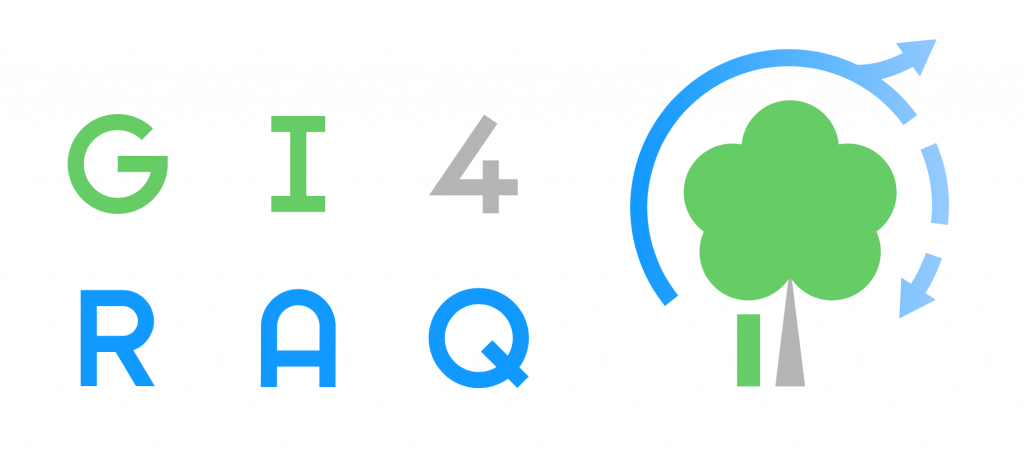
The University of Birmingham has developed the Green Infrastructure for Roadside Air Quality (GI4RAQ) Platform in partnership with practitioner organisations (including Transport for London, the Greater London Authority and Birmingham City Council) and Wild Ilk Design Studio. The software can be used to estimate site-specific impacts of vegetation barriers on local exposure to vehicular pollution via changes in air flow.
Lead researcher, Dr James Levine says, “In reducing our exposure to pollution from nearby vehicles, strategic planting can complement essential emission reductions in reducing health impacts. But it’s not as simple as thinking that any planting will do good – if indiscriminate, it’s just as likely to have a negative impact. There are many good reasons to invest in green infrastructure but, if planting in the name of improving air quality, we must ensure it delivers genuine benefits. By estimating the benefits at planning, we can ensure good schemes are robust to cost-cutting and fully realised.”
For more information click here >>
Lead researcher, Dr James Levine says, “In reducing our exposure to pollution from nearby vehicles, strategic planting can complement essential emission reductions in reducing health impacts. But it’s not as simple as thinking that any planting will do good – if indiscriminate, it’s just as likely to have a negative impact. There are many good reasons to invest in green infrastructure but, if planting in the name of improving air quality, we must ensure it delivers genuine benefits. By estimating the benefits at planning, we can ensure good schemes are robust to cost-cutting and fully realised.”